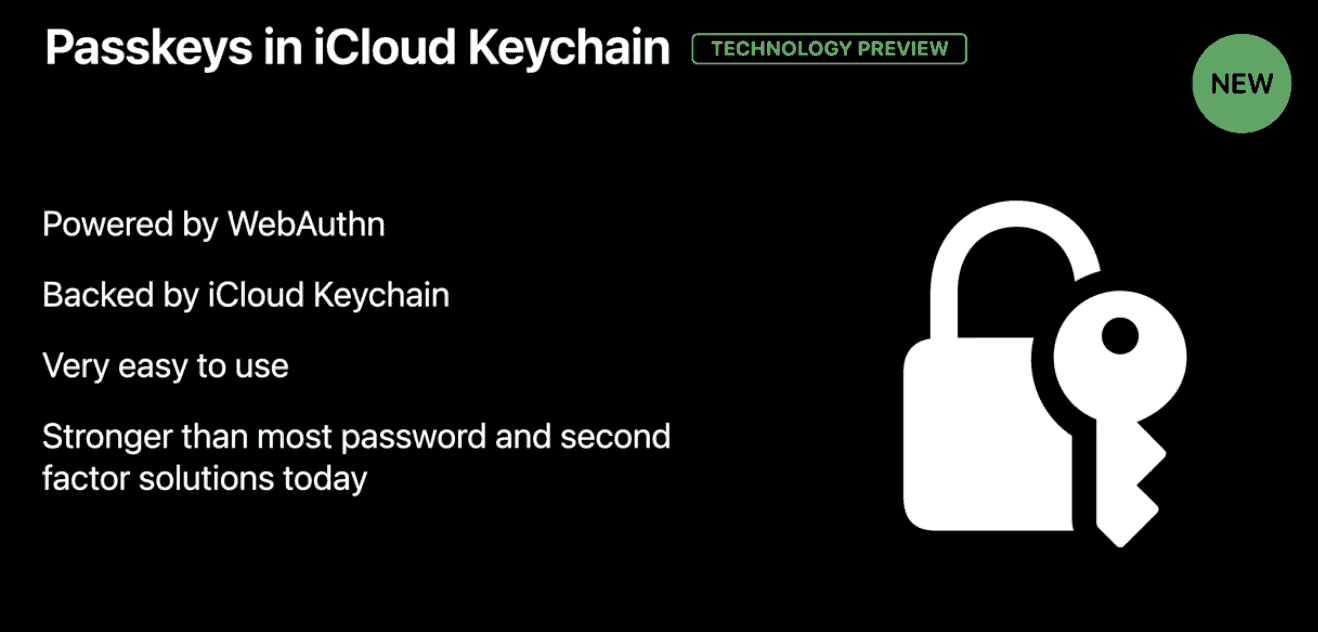With every Android or iOS update we are waiting to see improved security and data protection. But are Google and Apple making their systems more protected? This is a question that we can’t answer at the moment. Those who follow only official news will say that Apple’s latest iOS 15 will be unprecedented in terms of security. But we want to recall that on the same day, we also heard that, in hackers forums, there is sold a 100GB file which includes 8.4 billion passwords collected from various data breaches and leaks. Thus, none of the current major technology companies can prove their systems are secure. However, to fix this, Apple is going to ‘kill passwords.’
Apple, like other tech giants, is working on more secure login methods. So the Cupertino-based company is going to try out its new Passkeys in iCloud Keychain on iOS 15 and macOS Monterey.

In fact, Apple won’t kill the password. We mean when logging into apps and platforms will still require an authentication method which uses usernames. Plus, the new system will use some methods to ensure that only the rightful holder can access it. So if you still use a password for authentication, Apple will make them useless. Even if hackers steal the passwords, they wouldn’t be able to use them.
At the moment, Passkeys in iCloud Keychain aren’t ready for use. This is the main reason why Apple didn’t detail it during the WWDC 2021. But later, Apple hosted a meeting for developers, where the Cupertino company provided some details.
At the presentation, Apple said that it wants iPhone, iPad, and Mac users to be able to log in via usernames in combination with Face ID, Touch ID, or a physical security key. Theoretically, hackers still can access these authentication data. But in practice, it is less possible.
Plus, all these methods have a concrete advantage – you don’t have to remember the password. Moreover, you can use these authentication data on multiple apps.
But there are some downsides as well. If you lose access to the hardware that runs Face ID or Touch ID authentication, you won’t be able to log into apps / services. Second, users would not be able to access the same online account from Android and Windows. There is no sign that Apple, Google and Microsoft will create a common interoperability standard. So you can forget about this for a few years.





